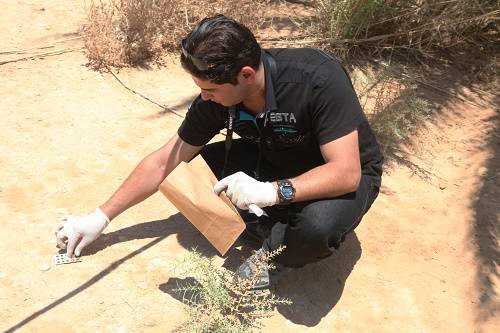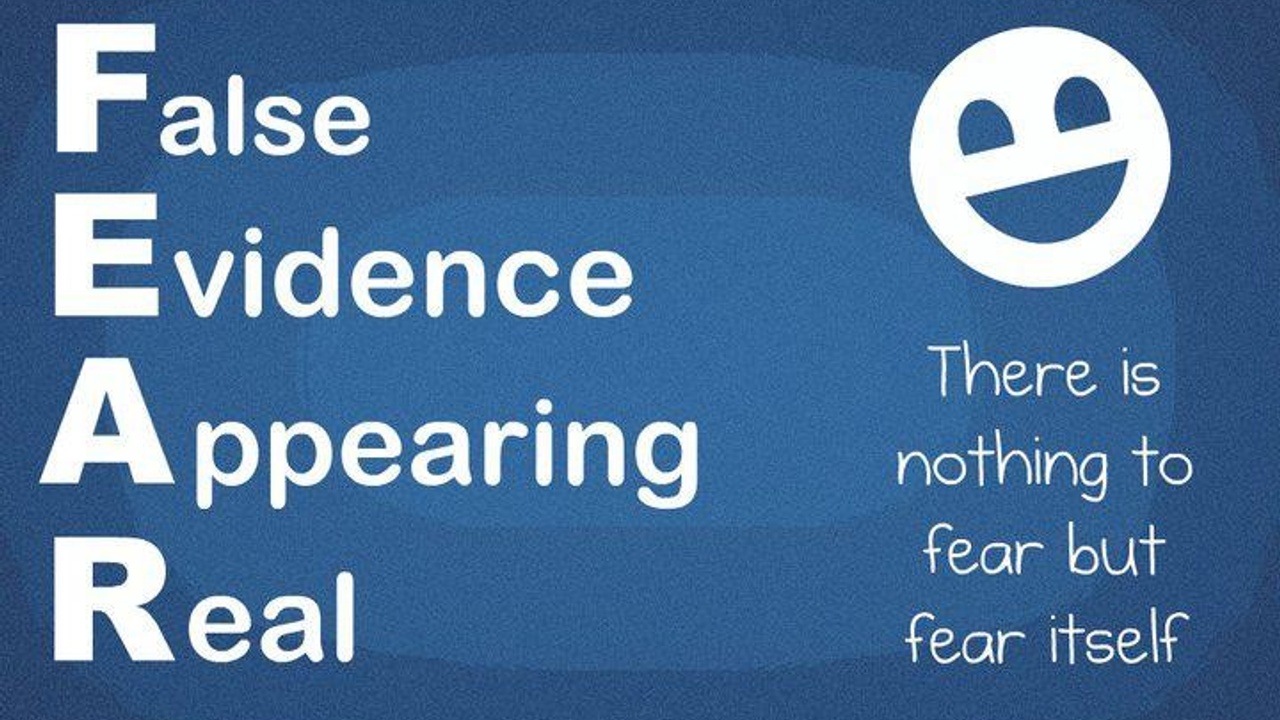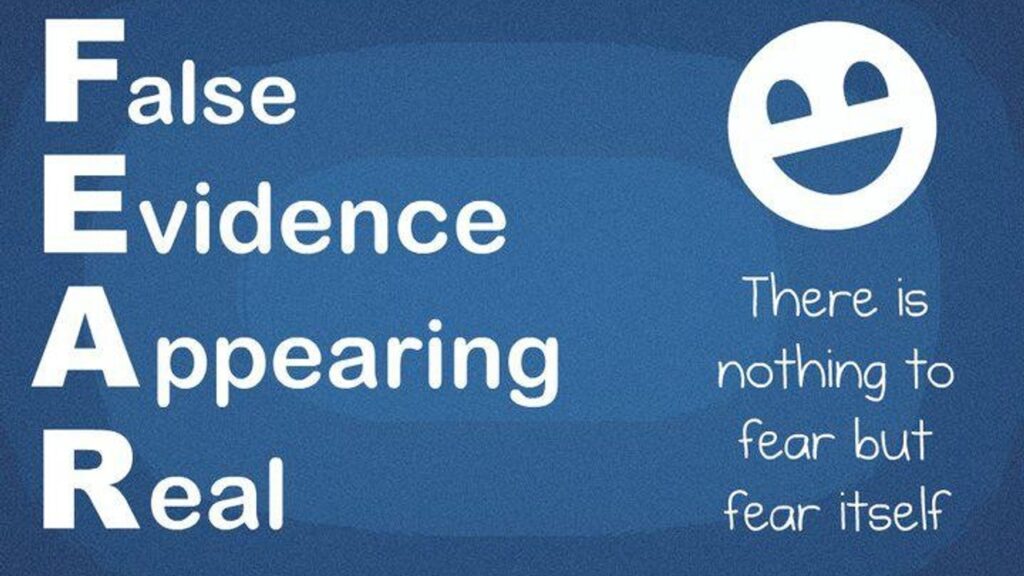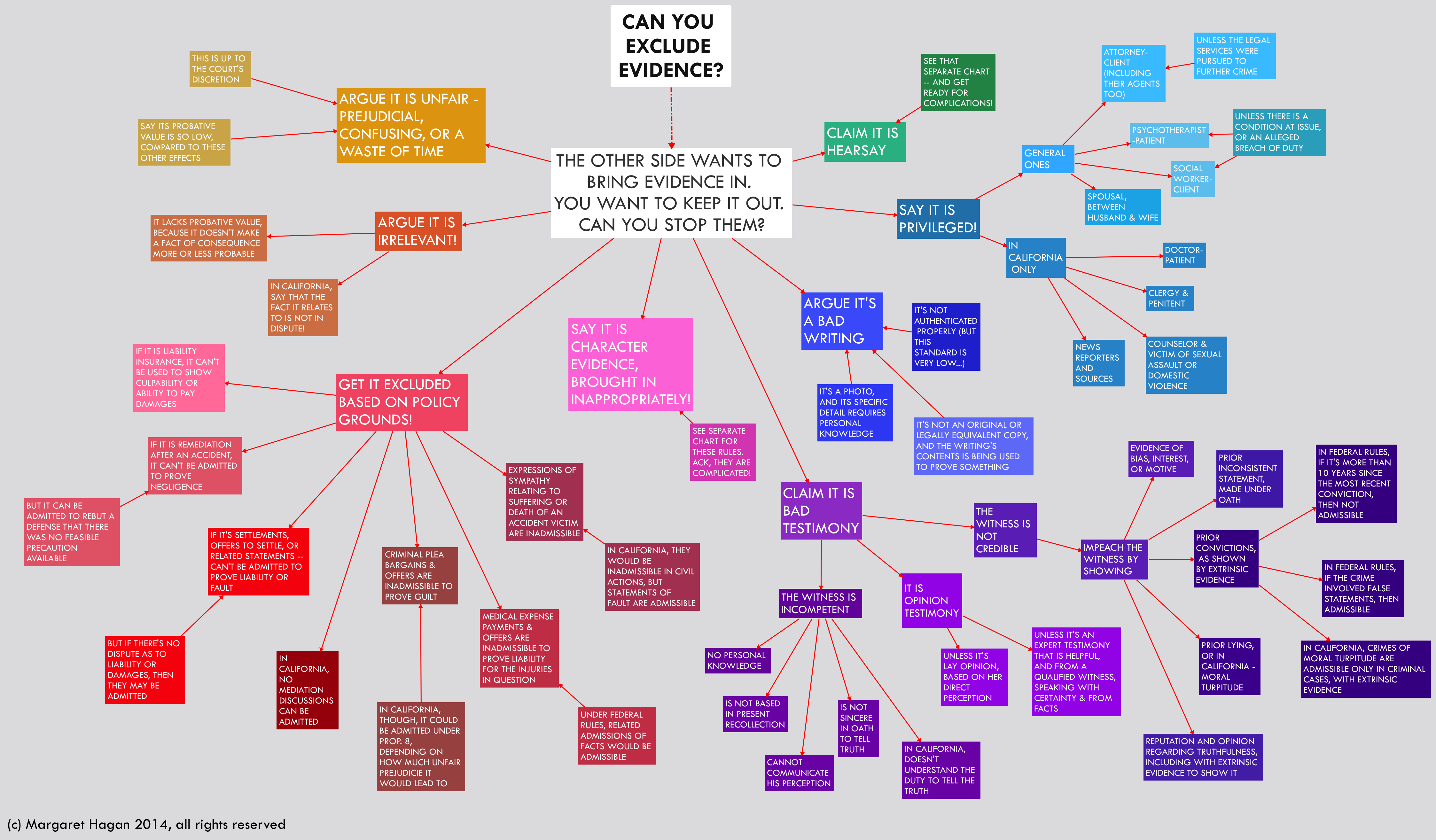Preparing Or Offering False Evidence: California PC 132 And PC 134
Can Police Lye on Affidavits – Short Answer, NO!
Not if they Value their Career & Freedom and Don’t want civil responsibility
Police have no expectation of privacy on phone calls. Police lines are recorded expectations end there!
Preparing Or Offering False Evidence: California PC 132 And PC 134
California law does not look favorably upon any person who prepares or offers false evidence in any court proceeding. In fact, a person who is found to have done either act, whether the proceeding is a criminal trial or a civil trial, can be convicted of a felony under California Penal Code sections 132 or 134.

The Differences Between PC 132 And PC 134
A quick glance at these two laws might leave a person thinking that there’s little difference between them. Penal Code section 132 PC states:
“Every person who upon any trial, proceeding, inquiry, or investigation whatever, authorized or permitted by law, offers in evidence, as genuine or true, any book, paper, document, record, or other instrument in writing, knowing the same to have been forged or fraudulently altered or ante-dated, is guilty of felony. 1”
Similarly, Penal Code Section 134 PC States:
“Every person guilty of preparing any false or ante-dated book, paper, record, instrument in writing, or other matter or thing, with intent to produce it, or allow it to be produced for any fraudulent or deceitful purpose, as genuine or true, upon any trial, proceeding, or inquiry whatever, authorized by law, is guilty of felony. 2”
The text of both laws is roughly the same length and uses many of the same words and phrases. Both laws are meant to punish persons who intend to use falsified written records (including photographs, letters, email, etc.) to help their case in court.
However, they key difference between offering and preparing false evidence is when the act occurs. Generally, you are guilty of preparing false evidence if you have done so prior to the court proceeding; while you are guilty of offering false evidence if you have done so (or have instructed your attorney to do so) as the proceeding is occurring.
This also means that a person can be guilty of preparing false evidence even if the evidence never finds its way into a legal proceeding. Thus, the crime of preparing false evidence can be said to be broader than the crime of offering false evidence.
Related Crimes To PC 132 And PC 134
Preparing and offering false evidence are crimes that fall under the broad category of obstruction of justice. These are crimes that are meant to punish those who purposely interfere with legal matters, including police investigations and court proceedings. Some of these crimes include:
- Perjury (Penal Code section 118)
- Destruction or concealment of evidence (Penal Code section 135)
- Planting evidence (Penal Code section 141)
- Forgery (Penal Code section 470)
Key Elements In The Prosecutor’s Case For Preparing Or Offering False Evidence
“Evidence”
Notice that both laws refer to the types of evidence that a person might falsely offer or prepare: documents, books, papers, records, or other instruments. Generally speaking, this means that Penal Code 132 PC and Penal Code 134 PC are laws that focus on evidence that is in writing. However, California’s courts have held that under PC 134, false material can include:
- Photographs
- Video and audio recordings
- Body tissue and fluid samples 3
“Trial, Proceeding, Inquiry, or Investigation”
Next, we need to know which types of legal proceedings are subject to these laws. The short answer is that PC 132 and PC 134 apply to any kind of hearing or investigation that is authorized by California law. This means that evidence presented in proceedings such as small claims trials, traffic trials, arbitration, mediation, or even pre-trial hearings and motion hearings are subject to these laws as well as criminal or civil trials.
“False”
Lastly, what does it mean to say that a piece of evidence is “false?” Under Penal Code 132 PC and Penal Code 134 PC, false is not synonymous with “incorrect.” Therefore, if evidence is offered that is subject to multiple interpretations and the jury disagrees with the offering party’s interpretation, then the person who offered the evidence would not be found to have offered “false” evidence.
Instead, under these laws, evidence is false if it is, with knowledge that it is not true, represented as a genuine or true fact. For example, suppose the defendant in a murder trial has an alibi that he was shopping at a hardware store when the victim was killed. As evidence, he presents to the court a receipt showing what he bought on the date and time in question from the hardware store. In reality, the receipt belongs to a friend who happened to buy something from the store on that day, and the defendant asked him to let him use the receipt. Under these facts, the defendant could be found guilty of offering false evidence. The friend could also potentially be charged with preparing false evidence if he knew the accused was going to present the falsified evidence in court.
“Knowing/Fraudulent or Deceitful Purpose”
Many criminal statutes require that the defendant knew what he or she was doing, and that their act was meant to accomplish some goal. Under PC 132 and PC 134, this means that the person who prepared or offered false evidence knew that it was false, and had the purpose to deceive the court, jury, or officer to whom it was given or would be given. However, a person cannot be convicted of violating California Penal Code 132 PC or Penal Code 134 PC unless he or she intended that the false evidence would actually be presented in a legal proceeding.
Sentencing And Punishment For Violating Penal Code 132 PC And Penal Code 134 PC
PC 132 and PC 134 are felonies that are punishable by a sentence of 16 months, two years, or three years in state prison.
Alternatively, the court has the discretion to instead impose probation along with up to 364 days in county jail, a fine, or both. 4
Possible Defenses To Charges Of Preparing Or Offering False Evidence
If you have been charged with preparing or offering false evidence, a skilled criminal defense attorney can raise several defenses on your behalf. These defenses may include
You reasonably believed the evidence was true.
As noted above, PC 132 and PC 134 require a culpable state of mind. This means that if you were unaware that the evidence you prepared was false, you cannot be convicted under PC 132 or PC 134. If it was reasonable for you to mistakenly believe what you were offering was true, but it turned out to be false, you should not be found guilty of either of these crimes.
When you created the evidence, you were not aware that someone intended for it to be used in a legal proceeding.
If you were asked or hired to create a document, not knowing that the person who asked you to do so wanted it so that he or she could mislead a court, you could be free from blame for having followed their instructions.
Suppose that you are a graphic artist, and you are hired by a beauty products manufacturer to touch up some photos of models by removing wrinkles and bags under their eyes. At the time, you were told that the photos would run in a magazine as advertisements, and you were unaware that the company was fighting a lawsuit for its products having caused severe eye injuries to the people who used them. If the manufacturer used your work as evidence in a lawsuit that its product truly removes wrinkles and eye bags, you could not be held accountable for having prepared false evidence because you were unaware of the company’s true intention for using those photos.
Frequently Asked Questions Regarding The Crime Of Preparing Or Offering False Evidence (PC 132 Or PC 134)
1. Will I be convicted if I did not know the evidence was false when I presented it to a court?
Although a zealous prosecutor might try to convict you for having presented false evidence to the court, it is unlikely that he or she will be able to prove that you knowingly submitted false evidence. However, it is crucial that you hire an attorney to investigate any evidence you plan to present.
2. What if the false information was prepared before there was ever a case?
This is a common way that PC 132 and PC 134 are charged, especially in cases concerning fraud. For example, if you submitted false records of ownership of property to a bank or a government agency, and then used those false records as proof that you were the true owner of the property, you could also face charges under PC 132 or PC 134. The prosecution would need to prove that at the time you created those records, you anticipated that the records would be part of a legal proceeding of some kind. 5
3. What is the difference between preparing or offering false evidence and perjury?
Unlike PC 132 or PC 134, perjury under California Penal Code section 118 is a crime of willfully making a false statement while testifying in court, in a deposition, or in a sworn legal document. Although perjury can be in written form, typically, perjury involves lying under oath while giving a verbal statement.
Contact Wallin & Klarich If You Have Been Charged With Preparing Of Offering False Evidence
Facing charges of preparing or offering false evidence can be difficult, but you do not have to fight the charges alone. You have the right to retain the help of an aggressive and experienced criminal defense attorney. At Wallin & Klarich, our attorneys have been using their legal knowledge for more than 40 years to successfully defend people just like you. We are committed to providing you with the personal attention you deserve, and to helping you overcome this difficult situation.
With offices in Los Angeles, Sherman Oaks, Torrance, Tustin, San Diego, Riverside, San Bernardino, Ventura, West Covina and Victorville, there is a Wallin & Klarich attorney experienced in California criminal defense near you, no matter where you work or live.
Call us today at (877) 4-NO-JAIL or (877) 466-5245 for a free phone consultation. We will get through this together.
CITED https://www.shouselaw.com/ca/defense/penal-code/148-5/
1. [Cal. Pen. Code §132]↩
2. [Cal. Pen. Code §134.]↩
3. [See, People v. Bamberg, (2009) 175 Cal.App.4th 618, 621-24; and People v. Morrison, 191 Cal.App.4th 1551, 1553-54 (2011).]↩
4. [See Cal. Pen. Code §18.]↩
5. [See, People v. Bhasin, 176 Cal. App. 4th 461 – Cal: Court of Appeal, 4th Appellate Dist., 2nd Div. 2009]↩
To Learn More…. Read MORE Below and click the links Below
Abuse & Neglect – The Reporters (Police, D.A & Medical & the Bad Actors)
If You Would Like to Learn More About: The California Mandated Reporting Law Click Here
To Read the Penal Code § 11164-11166 – Child Abuse or Neglect Reporting Act – California Penal Code 11164-11166 Article 2.5. (CANRA) Click Here
Mandated Reporter form Mandated Reporter FORM SS 8572.pdf – The Child Abuse
ALL POLICE CHIEFS, SHERIFFS AND COUNTY WELFARE DEPARTMENTS INFO BULLETIN Click Here Officers and DA’s for (Procedure to Follow)
It Only Takes a Minute to Make a Difference in the Life of a Child learn more below
You can learn more here California Child Abuse and Neglect Reporting Law its a PDF files taken from
Learn More About True Threats Here below….
We also have the The Brandenburg v. Ohio (1969) – 1st Amendment
CURRENT TEST = We also have the The ‘Brandenburg test’ for incitement to violence – 1st Amendment
We also have the The Incitement to Imminent Lawless Action Test– 1st Amendment
We also have the True Threats – Virginia v. Black is most comprehensive Supreme Court definition – 1st Amendment
We also have the Watts v. United States – True Threat Test – 1st Amendment
We also have the Clear and Present Danger Test – 1st Amendment
We also have the Gravity of the Evil Test – 1st Amendment
We also have the Elonis v. United States (2015) – Threats – 1st Amendment
Learn More About What is Obscene…. be careful about education it may enlighten you
We also have the Miller v. California – 3 Prong Obscenity Test (Miller Test) – 1st Amendment
We also have the Obscenity and Pornography – 1st Amendment
Learn More About Police, The Government Officials and You….
$$ Retaliatory Arrests and Prosecution $$
We also have the Brayshaw v. City of Tallahassee – 1st Amendment – Posting Police Address
We also have the Publius v. Boyer-Vine –1st Amendment – Posting Police Address
We also have the Lozman v. City of Riviera Beach, Florida (2018) – 1st Amendment – Retaliatory Police Arrests
We also have the Nieves v. Bartlett (2019) – 1st Amendment – Retaliatory Police Arrests
We also have the Hartman v. Moore (2006) – 1st Amendment – Retaliatory Police Arrests
Retaliatory Prosecution Claims Against Government Officials – 1st AmendmentWe also have the Reichle v. Howards (2012) – 1st Amendment – Retaliatory Police Arrests
Retaliatory Prosecution Claims Against Government Officials – 1st AmendmentWe also have the Freedom of the Press – Flyers, Newspaper, Leaflets, Peaceful Assembly – 1st Amendment
We also have the Insulting letters to politician’s home are constitutionally protected, unless they are ‘true threats’ – Letters to Politicians Homes – 1st Amendment
We also have the First Amendment Encyclopedia very comprehensive – 1st Amendment
ARE PEOPLE LYING ON YOU? CAN YOU PROVE IT? IF YES…. THEN YOU ARE IN LUCK!
We also have the Penal Code 118 PC – California Penalty of “Perjury” Law
We also have the Federal Perjury – Definition by Law
We also have the Penal Code 132 PC – Offering False Evidence
We also have the Penal Code 134 PC – Preparing False Evidence
We also have the Penal Code 118.1 PC – Police Officer$ Filing False Report$
We also have the Spencer v. Peters– Police Fabrication of Evidence – 14th Amendment
We also have the Penal Code 148.5 PC – Making a False Police Report in California
We also have the Penal Code 115 PC – Filing a False Document in California
Sanctions and Attorney Fee Recovery for Bad Actors
FAM § 3027.1 – Attorney’s Fees and Sanctions For False Child Abuse Allegations – Family Code 3027.1 – Click Here
FAM § 271 – Awarding Attorney Fees– Family Code 271 Family Court Sanction Click Here
Awarding Discovery Based Sanctions in Family Law Cases – Click Here
FAM § 2030 – Bringing Fairness & Fee Recovery – Click Here
Know Your Rights Click Here (must read!)
Under 42 U.S.C. $ection 1983 – Recoverable Damage$
42 U.S. Code § 1983 – Civil Action for Deprivation of Right$
$ection 1983 Lawsuit – How to Bring a Civil Rights Claim
18 U.S. Code § 242 – Deprivation of Right$ Under Color of Law
18 U.S. Code § 241 – Conspiracy against Right$
$uing for Misconduct – Know More of Your Right$
Police Misconduct in California – How to Bring a Lawsuit
Malicious Prosecution / Prosecutorial Misconduct – Know What it is!
New Supreme Court Ruling – makes it easier to sue police
RELATIONSHIP WITH YOUR CHILDREN & YOUR CONSTITUIONAL RIGHT$ + RULING$
YOU CANNOT GET BACK TIME BUT YOU CAN HIT THOSE PUNKS WHERE THEY WILL FEEL YOU = THEIR BANK
We also have the 9.3 Section 1983 Claim Against Defendant as (Individuals) — 14th Amendment this CODE PROTECT$ all US CITIZEN$
We also have the Amdt5.4.5.6.2 – Parental and Children’s Rights 5th Amendment this CODE PROTECT$ all US CITIZEN$
We also have the 9.32 – Interference with Parent / Child Relationship – 14th Amendment this CODE PROTECT$ all US CITIZEN$
We also have the California Civil Code Section 52.1 Interference with exercise or enjoyment of individual rights
We also have the Parent’s Rights & Children’s Bill of Rights SCOTUS RULINGS FOR YOUR PARENT RIGHTS
We also have a SEARCH of our site for all articles relating for PARENTS RIGHTS Help!
GRANDPARENT CASE LAW
Troxel v. Granville, 530 U.S. 57 (2000) – Grandparents – 14th Amendment
Third “PRESUMED PARENT” Family Code 7612(C) – Requires Established Relationship Required
S.F. Human Servs. Agency v. Christine C. (In re Caden C.)
9.32 Particular Rights – Fourteenth Amendment – Interference with Parent / Child Relationship
Parent’s Rights & Children’s Bill of Rights
Cal State Bar PDF to read about Three Parent Law – The State Bar of California family law news issue4 2017 vol. 39, no. 4.pdf
DUE PROCESS READS>>>>>>
Due Process vs Substantive Due Process learn more HERE
Understanding Due Process – This clause caused over 200 overturns in just DNA alone Click Here
Mathews v. Eldridge – Due Process – 5th & 14th Amendment Mathews Test – 3 Part Test– Amdt5.4.5.4.2 Mathews Test
“Unfriending” Evidence – 5th Amendment
At the Intersection of Technology and Law
We also have the Introducing TEXT & EMAIL Digital Evidence in California Courts – 1st Amendment
Retrieving Evidence / Internal Investigation Case
Fighting Discovery Abuse in Litigation – Forensic & Investigative Accounting – Click Here
Conviction Integrity Unit (“CIU”) of the Orange County District Attorney OCDA – Click Here
Orange County Data, BodyCam, Police Report, Incident Reports, and all other available known requests for data below:
APPLICATION TO EXAMINE LOCAL ARREST RECORD UNDER CPC 13321 Click Here
Learn About Policy 814: Discovery Requests OCDA Office – Click Here
Request for Proof In-Custody Form Click Here
Request for Clearance Letter Form Click Here
Application to Obtain Copy of State Summary of Criminal HistoryForm Click Here
Request Authorization FormRelease of Case Information – Click Here
CPRA Public Records Act Data Request – Click Here
Here is the Public Records Service Act Portal for all of CALIFORNIA Click Here
Appealing/Contesting Case/Order/Judgment/Charge/ Suppressing Evidence
First Things First: What Can Be Appealed and What it Takes to Get Started – Click Here
Options to Appealing– Fighting A Judgment Without Filing An Appeal Settlement Or Mediation
Cal. Code Civ. Proc. § 1008 Motion to Reconsider
Penal Code 1385 – Dismissal of the Action for Want of Prosecution or Otherwise
Penal Code 1538.5 – Motion To Suppress Evidence in a California Criminal Case
CACI No. 1501 – Wrongful Use of Civil Proceedings
Penal Code “995 Motions” in California – Motion to Dismiss
WIC § 700.1 – If Court Grants Motion to Suppress as Evidence
Suppression Of Exculpatory Evidence / Presentation Of False Or Misleading Evidence – Click Here
Notice of Appeal — Felony (Defendant) (CR-120) 1237, 1237.5, 1538.5(m) – Click Here
Epic Criminal / Civil Right$ SCOTUS Help – Click Here
Epic Parents SCOTUS Ruling – Parental Right$ Help – Click Here
Judge’s & Prosecutor’s Jurisdiction – SCOTUS RULINGS on Judicial & Prosecutorial Conduct
Family Treatment Court Best Practice Standards
Download Here this Recommended Citation
Please take time to learn new UPCOMING
The PROPOSED Parental Rights Amendment
to the US CONSTITUTION Click Here to visit their siteThe proposed Parental Rights Amendment will specifically add parental rights in the text of the U.S. Constitution, protecting these rights for both current and future generations.
The Parental Rights Amendment is currently in the U.S. Senate, and is being introduced in the U.S. House.



